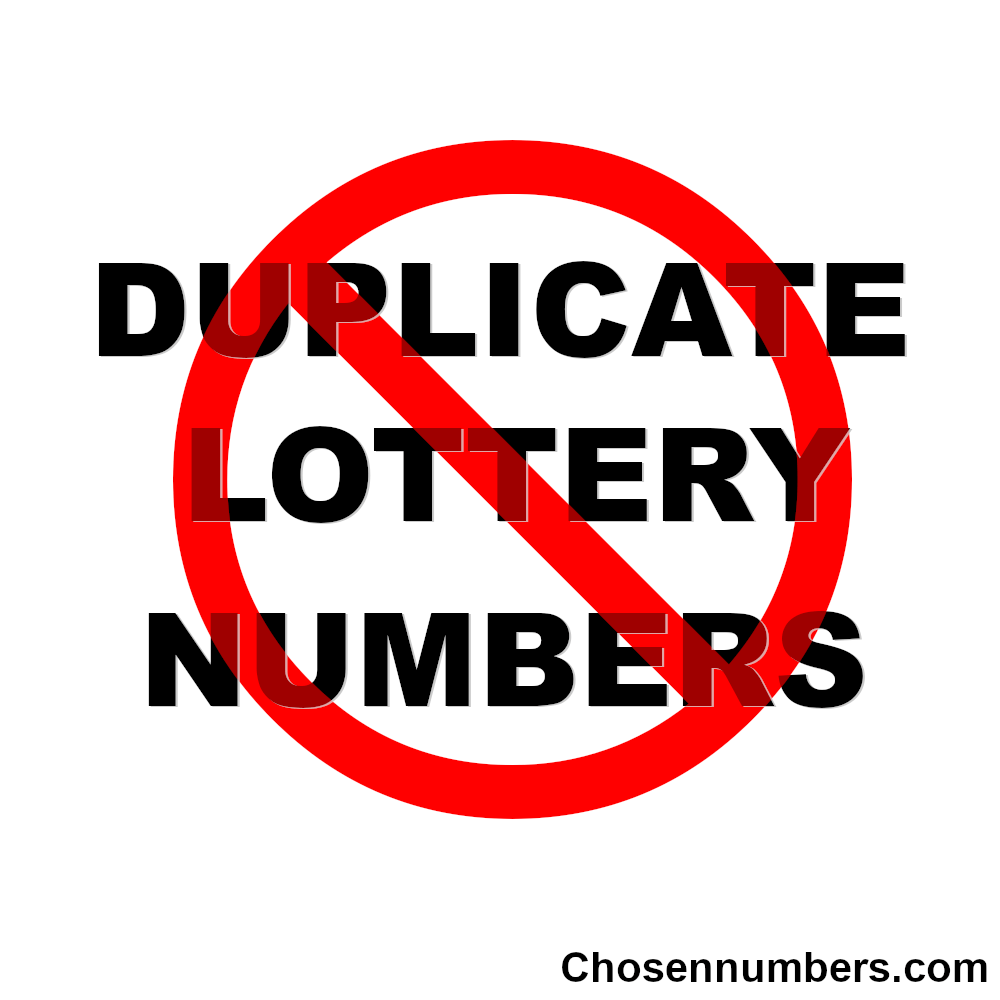
We are generating lottery number selections systematically.
Not random.
The title of this blog is "No Duplicate Lottery Numbers". Duplicate selections are something you will not see with chosen number selections (until there is a pool reset). Duplicate numbers is a phenomenum one would expect to see if selections are chosen by means other than chosen numbers selections.
What is a Duplicate Lottery Number?
This article is written to show the disadvantages of playing lotteries with random selections.
When people play lotteries using number selections not from chosennumbers.com, they are essentially playing random numbers. Be it quick picks, or favorite numbers these would still be considered random. With random numbers, at some point, there will be duplicate selections.
Let us investigate at what point do duplicates appear?
Each lottery has its own odds of winning.
With different odds come different numbers of selections before a duplicate sequence is selected if one plays randomly selected numbers.
The Math to Find Duplicates
Mathematically, to figure out the average number of selections before a duplicate appears, it is very similar to the "Birthday Paradox" problem.
The birthday paradox asks how many people would you need in a room before 2 of them have the same birthday?
For the birthday paradox, the math is:
...until P(n) drops below 0.5, meaning it will be a 50% chance of a duplicate.
Oh, by the way (spoiler alert), with the Birthday Paradox you would need 23 people before there is a duplicate birthday.
We would use the equation in a similar fashion with the lottery odds.
How many number sequences need to be chosen before 2 people have the same sequence?
...where odds are the lottery odds
...until P(n) drops below 0.5, meaning it will be a 50% chance of a duplicate.
That is what we call "Duplicate Lottery Numbers".
Duplicate Selections are a Bad Thing in Lotteries
Why is it a bad thing?
Collectively, for every duplicate sequence played then another unique sequence was not played.
The more unique selections played against a lottery, the more possibilities of winning. It is just that simple.
An awesome demonstration of this principle is at our why simulation where we roll 2 dice, one of them random and the other systematically chosen. You can see first hand how many unique sequences are lost with the random dice.
Moreso, a duplicate implies a double. In actuality, there could be multiple selections of the same sequences if chosen randomly.
One additional "bad" side effect of duplicate lottery numbers, if a duplicate is chosen as a grand prize winner, then the prize would have to be split between the winning tickets. Of course one would be grateful of winning the grand prize, but there would be some disappointment if you had to split the prize with another winner.
With chosennumbers.com, we do not generate duplicate lottery sequences (unless there is a pool reset). Since random numbers may include someone's favorite numbers, then chances are there will be more duplicates because people tend to choose favorite numbers within the first 31 numbers of the lottery (because of special dates).
The Birthday Paradox - Applied to Lotteries
Using the equation above for lotteries, here is a table showing the number of draws required before one would expect to see duplicate selections in lotteries if people played selections not chosen from our site.
The Results
| Lottery | Lottery Odds | Number of Random Selections Until a Duplicate is Encountered |
Powerball | 1 in 292,201,338 | 20127 |
MegaMillions | 1 in 302,575,350 | 20481 |
Lucky for Life | 1 in 30,821,472 | 6537 |
SuperLotto Plus | 1 in 41,416,353 | 7578 |
Lotto Texas | 1 in 25,827,165 | 5984 |
New York Lotto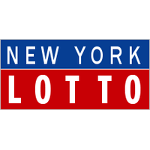 | 1 in 45,057,474 | 7904 |
Pick-6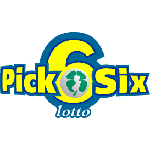 | 1 in 13,983,816 | 4404 |
Florida Lotto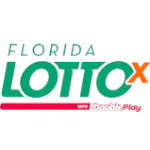 | 1 in 22,957,480 | 5642 |
Hoosier | 1 in 12,271,512 | 4125 |
Michigan Lotto 47 | 1 in 10,737,573 | 3859 |
Colorado Lotto | 1 in 5,245,786 | 2697 |
Classic Lotto | 1 in 13,983,816 | 4404 |
Match 6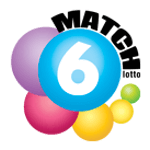 | 1 in 13,983,816 | 4404 |
Washington Lotto | 1 in 13,983,816 | 4404 |
Cash4Life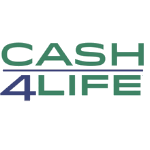 | 1 in 21,846,048 | 5504 |
ThePick | 1 in 7,059,052 | 3129 |
Bank A Million | 1 in 3,838,380 | 2308 |
Lotto Max | 1 in 99,884,400 | 11768 |
Lotto 649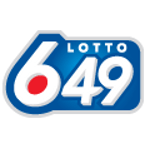 | 1 in 13,983,816 | 4404 |
Daily Grand | 1 in 13,348,188 | 4302 |
Western Max | 1 in 99,884,400 | 11768 |
Western 649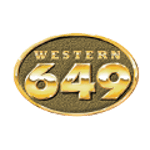 | 1 in 13,983,816 | 4404 |
Atlantic 49 | 1 in 13,983,816 | 4404 |
Quebec 49 | 1 in 13,983,816 | 4404 |
Quebec MAX | 1 in 99,884,400 | 11768 |
BC/49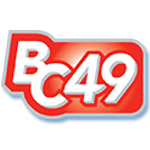 | 13,983,816 | 4404 |
Ontario 49 | 1 in 13,983,816 | 4404 |
Lottario | 1 in 8,145,060 | 3361 |
Conclusion
As you can see with the results above, one will see duplicate selections being chosen when someone plays random lottery selections. Any lottery selection not from chosennumbers.com would be considered a random selection. Depending on the lottery, duplicates can start to appear in as little as 2308 plays (with Bank-A-Million) or as much as 20481 plays (with MegaMillion). With these numbers in mind, consider the millions of people who are playing random selections. Those duplicate start to add up.
Like I pointed out, duplicate selections are bad.
With chosen number selections, there are no duplicates (unless there is a pool reset).
Chosen number selections are pure and logical selections.
Selected using an algorithm to ensure uniqueness.
Chosen from the entire range of the lottery evenly.
Collectively better odds at winning.
Play chosen number selections when you play the lottery.
They give you better chances at winning when playing the lotteries.